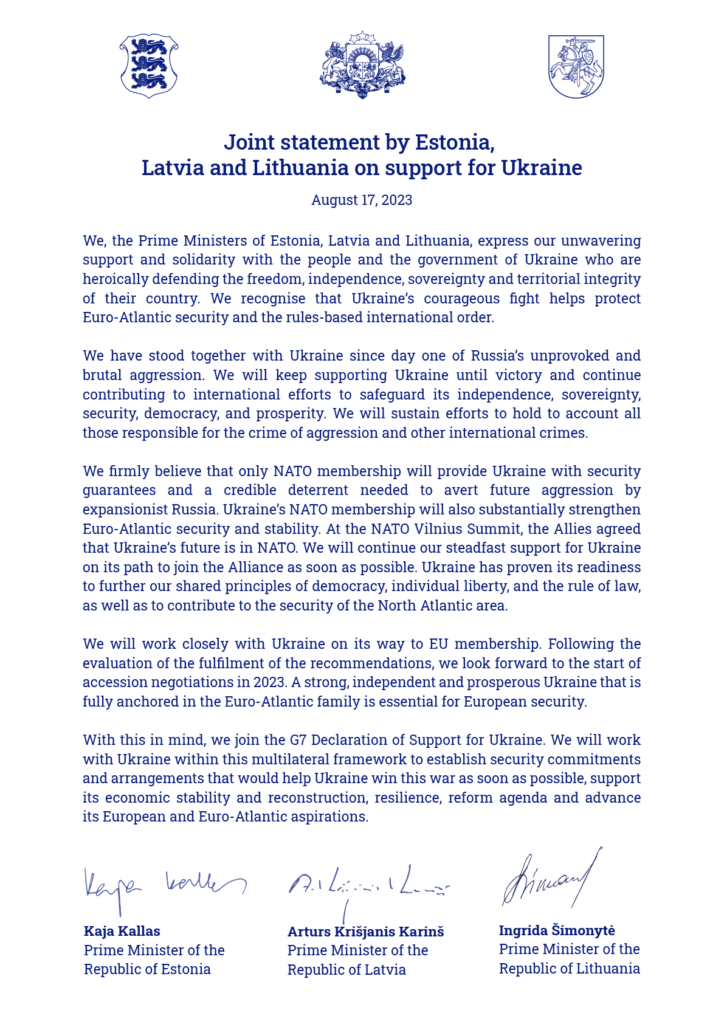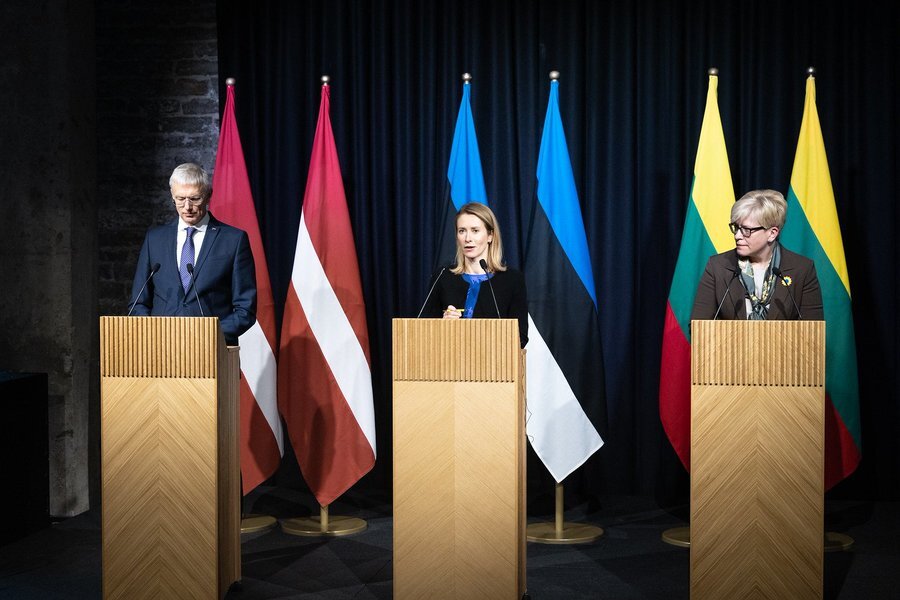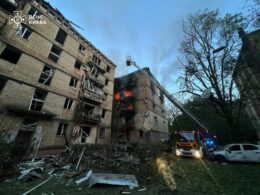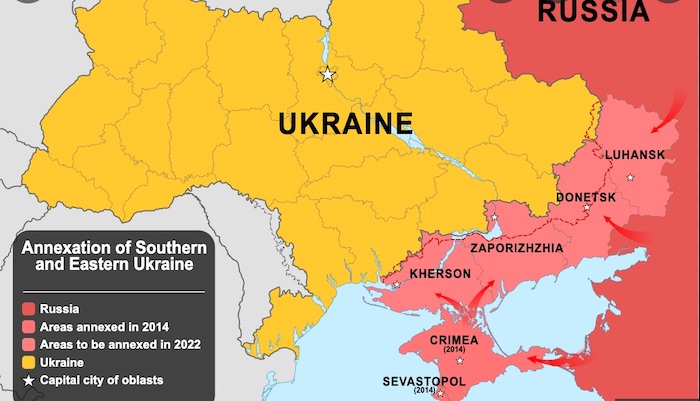On 17 August, the Baltic states - Estonia, Latvia, and Lithuania - joined the Group of Seven's (G7) declaration of support for Ukraine, according to Estonian Prime Minister Kaja Kallas.

The statement expresses "unwavering support and solidarity" with the people and government of Ukraine in resisting the Russian invasion. The three countries' prime ministers also noted that Ukraine's resistance defends Euro-Atlantic security and the rules-based international order. They also intended to support Ukraine, including its progress toward joining NATO and the European Union.
"We firmly believe that NATO membership is the only path that will provide Ukraine with the security guarantees and credible deterrent needed to prevent future aggression from an expansionist Russia. Ukraine's membership in NATO will also substantially strengthen Euro-Atlantic security and stability," reads the statement.
G7 leaders presented the declaration at the July NATO summit in Vilnius. The Group of Seven comprises Canada, France, Germany, Italy, Japan, the United Kingdom, the United States, and the European Union.
One of the first countries to join the declaration was Norway, which is not a member of the G7. On 16 August, North Macedonia became the 15th state to join the G7 declaration on security guarantees for Ukraine.
The declaration implies bilateral agreements between Kyiv and the G7 countries and other signatories will be made to strengthen Ukraine's defense and intelligence capabilities. This includes efforts to:
- Ensuring a sustainable force capable of defending Ukraine by providing security assistance, modern military equipment, and supporting Ukraine’s cyber defense initiatives.
-
- security assistance and modern military equipment across land, air, and sea domains – prioritizing air defense, artillery, long-range fires, armored vehicles, and other vital capabilities, such as combat air, and by promoting increased interoperability with Euro-Atlantic partners;
- support to further develop Ukraine’s defense industrial base;
- training and training exercises for Ukrainian forces;
- intelligence sharing and cooperation;
- support for cyber defense, security, and resilience initiatives, including addressing hybrid threats.
- Strengthening Ukraine’s economic stability and resilience, including its energy security.
- Providing technical and financial support for Ukraine’s immediate needs due to Russia’s war and enabling Ukraine to continue implementing effective reform agendas.
Ukraine, for its part, is committed to contributing positively to partner security and strengthening transparency and accountability measures. It also commits to continuing implementation of various reforms that underscore its commitments to democracy, the rule of law, and respect for human rights and media freedoms.
Furthermore, the declaration confirmed that should a future Russian armed attack occur, swift and sustained security assistance would be provided to Ukraine, and economic costs would be imposed on Russia.
The declaration signifies a significant step towards securing Ukraine’s future in the face of ongoing aggression. Andriy Yermak, the head of the President’s Office, suggests that these security guarantees will be provided by Spring 2024.
Read also:





